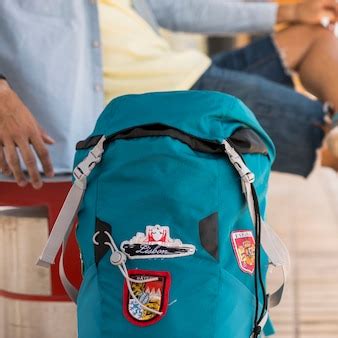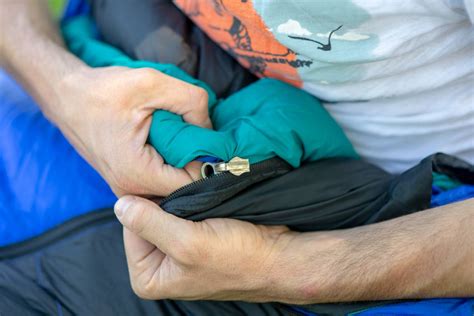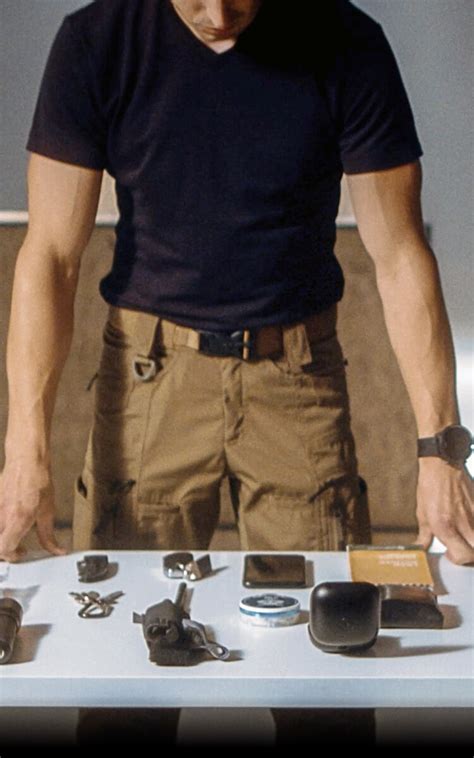If you could only keep one piece of outdoor adventure gear, what specific item would it be and why?

The Ultimate Gear Dilemma
Imagine a scenario where you’re stripped of almost everything, and you’re allowed to salvage just one single piece of outdoor adventure gear. No multi-tool, no trusty knife, no tent, no fire starter. Just one item. The question isn’t just about survival; it’s about enabling adventure, resilience, and the capacity to adapt. This thought experiment forces us to consider not just an item’s immediate utility, but its foundational role in any sustained outdoor endeavor.
The Indispensable Companion: A High-Quality Backpack
After much deliberation, the single piece of outdoor adventure gear I would choose to keep is a high-quality, versatile backpacking backpack. While seemingly mundane compared to a life-saving water filter or a versatile knife, the backpack stands out as the ultimate enabler, a mobile base camp, and a vessel for self-sufficiency.

More Than Just a Container
The reasoning behind this choice is multifaceted:
- Capacity and Organization: A good backpack allows you to carry essentials – be it scavenged items, found food, water, or even other improvised tools. Without the means to transport these items efficiently and comfortably, their utility diminishes significantly, especially over distance. It provides pockets, straps, and compartments that help organize and protect whatever meager resources you manage to acquire.
- Mobility and Endurance: A well-fitting, durable backpack makes long-distance travel possible and less draining. It balances the load, distributing weight across your body in a way that allows you to move further and faster than if you were simply trying to carry items by hand or in a makeshift sling. This mobility is crucial for seeking resources, finding shelter, or reaching a safer location.
- Durability and Protection: A high-quality backpack is built to withstand the elements and rugged terrain. It protects its contents from rain, dust, and minor impacts, preserving vital supplies. In a pinch, a large, empty backpack can even offer some rudimentary protection from wind or light rain, or serve as an improvised pillow for a more comfortable rest.
- Improvised Utility: Beyond its primary function, a backpack has several secondary uses. Its fabric can be repurposed for repairs, its straps for tying things, or its frame (if external) for carrying larger, awkward loads. With a waterproof liner, it can even be used to collect and transport water.

Weighing the Alternatives
Many would argue for a knife, a fire starter, or a water filter, and rightfully so, as these are critical survival tools. However, without a backpack:
- A Knife: While incredibly useful for cutting, preparing food, and building, its full potential is limited if you can’t carry other materials it helps process or combine.
- A Fire Starter: Essential for warmth, cooking, and signaling. But how do you carry enough fuel or tinder to sustain a fire over time if you can’t transport it?
- A Water Filter: Absolutely vital for hydration. Yet, carrying a filter without a container to transport raw water to it, or filtered water from it, severely restricts its practical application, especially when water sources are scarce or distant.
- A Tent or Tarp: Provides excellent shelter, but without a backpack, it becomes a cumbersome item to carry, especially alongside any other essentials. Its utility for mobile adventuring is severely hampered.

The Synergistic Advantage
The beauty of the backpack is its synergistic effect. It doesn’t perform a singular survival function itself, but it amplifies the utility of every other item, whether that item is a found rock, a piece of wood, or an improvised shelter. It provides the foundation for sustained movement and the collection of resources, which are paramount for any form of outdoor adventure or long-term survival. It allows you to transform a static existence into a mobile, adaptable one.

The Foundation of Adventure
In a world where you can only keep one item, the backpacking backpack isn’t just about carrying things; it’s about carrying possibility. It represents mobility, self-reliance, and the capacity to adapt to changing environments. It’s the silent workhorse that enables the journey, the collection of resources, and ultimately, the adventure itself. Without it, even the most critical individual tools would be severely limited in their long-term impact. The backpack is the unsung hero, the essential piece that makes all other pieces (or their substitutes) viable.








